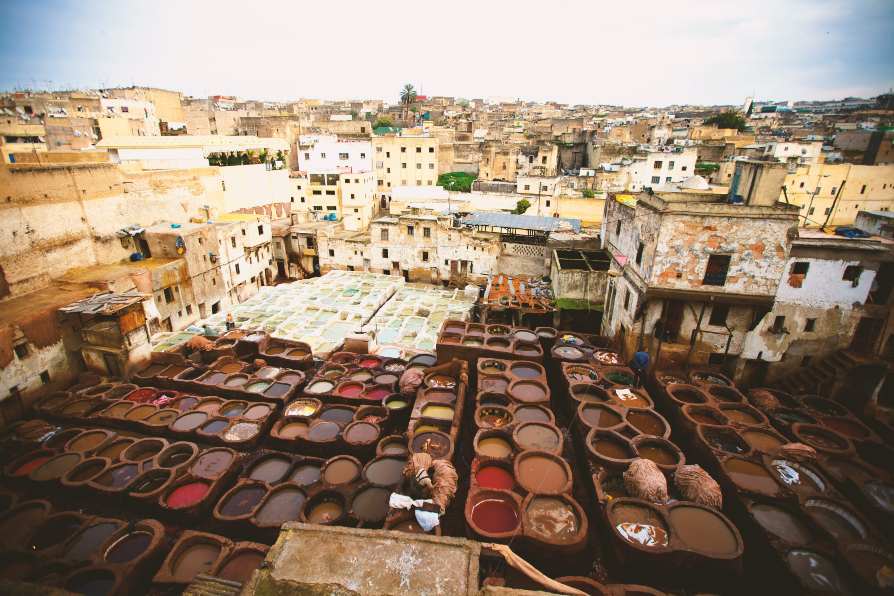Last update: August 26th, 2021.
The government of Morocco has released a Moroccan COVID passport for local use.
International flights to and from Morocco resumed in mid-June but certain restrictions still apply.
How to get a COVID certificate in Morocco
All citizens over 18 are automatically registered to get vaccinated and need only send their ID Number or Residence Number to 1717 to find out how they can get vaccinated.
This SMS service and the vaccination are both free of charge. The vaccination certificate, issued after full inoculation, is also free.
After being fully inoculated (two doses of the vaccine, or one dose in the case of Johnson & Johnson), residents can log onto liqahcorona.ma with their ID or Residence Number and date of birth to request a certificate.
The Moroccan COVID certificate is digital and can be downloaded immediately. It comes in the form of a QR code that will be scanned to check immunity status.
Current COVID-19 restrictions in Morocco
There are a few restrictions still in place to prevent the spread of COVID-19 in Morocco.
Cafes and restaurants have to close at 21:00 and transport is suspended at night, between 21:00 and 05:00.
The Moroccan government has mandated a travel ban between major cities, except for those who can provide proof of vaccination. Intercity travel is restricted to those with health passes or prior authorization from the relevant authorities.
Hammams, gyms, and covered swimming pools are still closed.
Hotels and accommodation facilities can operate with strict protocols.
Museums, cultural spaces, theaters, cinemas, and parks are open to the public, but masks are mandatory and regular sanitation is encouraged.
Can I travel to Morocco now?
Yes. Morocco’s borders have been open since June 15th, with some restrictions. All travelers to Morocco must present a health form and a COVID certificate showing a recent negative PCR test result or full vaccination.
Morocco entry restrictions are divided into two categories: “List A” and “List B”.
“List A” passengers 11 years old and above should present proof of a maximum 72h old negative PCR test result or full vaccination to enter Morocco without quarantine.
“List A” contains the member states of the United Nations which are not included in “List B”, including countries like the USA, UK, Greece, Georgia, and Albania.
“List B” contains 81 countries. Travelers coming from “List B” countries face more entry restrictions in Morocco.
“List B” passengers who present proof of full vaccination do not need to quarantine, but they do need to show proof of a maximum 48h old negative PCR test result.
Non-vaccinated “List B” passengers need to present a negative PCR test result, quarantine for 10 days at a government-appointed hotel, and take another mandatory PCR test on the 9th day of quarantine.
Non-vaccinated Moroccan citizens and permanent residents, as well as their family members, need to quarantine for five days upon entry to Morocco. A COVID test on the fifth day of quarantine is mandatory for those above the age of 11.
Current COVID-19 health situation in Morocco
Morocco has been largely successful in the fight against COVID-19, but the country reached a new peak of infections at the beginning of August 2021.
By the end of August, more than 829,000 people had tested positive since the beginning of the pandemic. Morocco is currently recording some 7,000 new cases per day.
More than 30 million vaccine doses have been administered in Morocco. Over 13 million Moroccans are fully vaccinated, nearly 37% of the population. Morocco has the most successful vaccination program in Africa.
